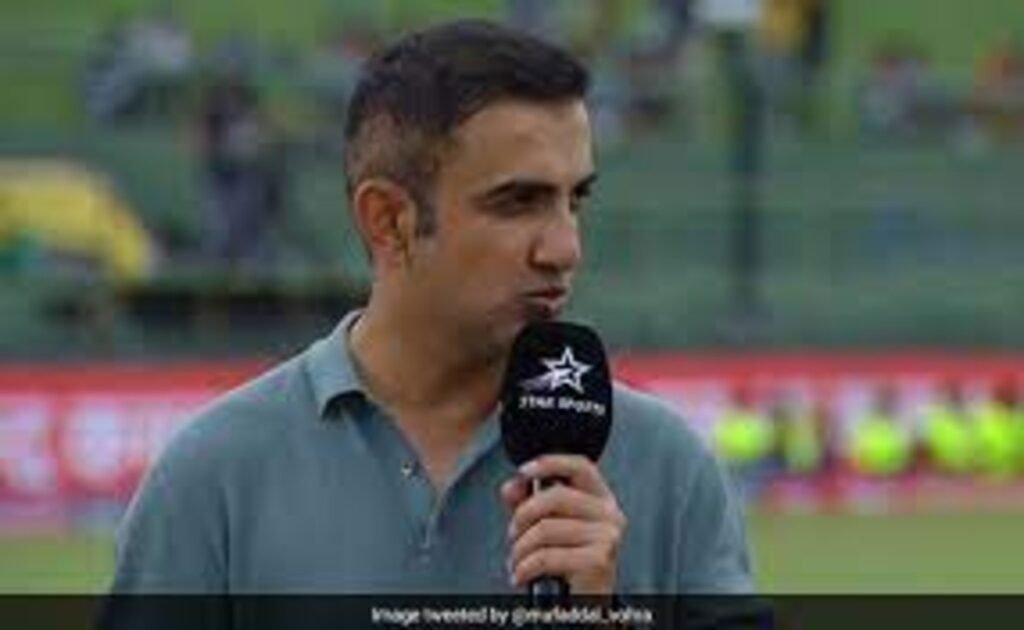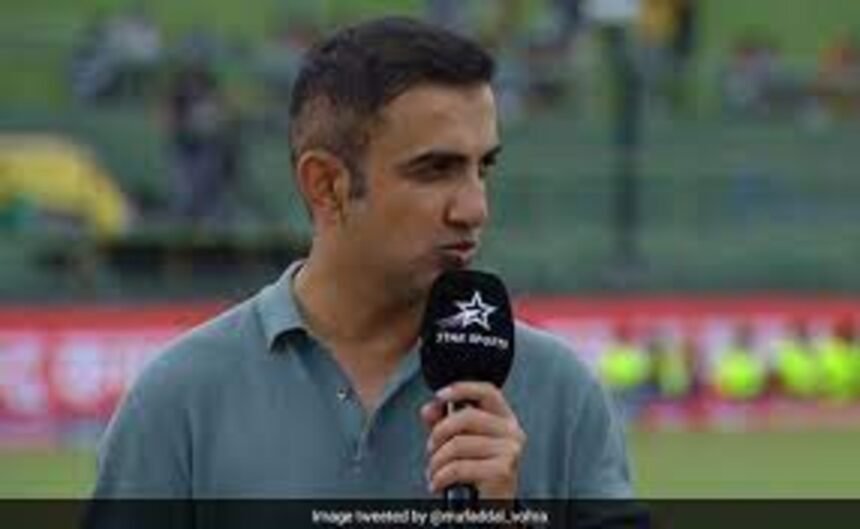Introduction
In a recent political development, DMK leader Udhayanidhi Stalin’s controversial statement regarding “eradicating sanatana dharma” has ignited a heated debate within the Indian political landscape. This contentious issue has led to divisions within the opposition parties, primarily the Indian National Congress (INC), and has provided the Bharatiya Janata Party (BJP) with an opportunity to bolster its position ahead of upcoming state elections and the 2024 Lok Sabha polls.

Udhayanidhi Stalin, the scion of the DMK and Tamil Nadu’s Chief Minister MK Stalin’s son, made the controversial statement during a writers’ conference in Chennai. He declared that “sanatana dharma is against the idea of social justice and must be eradicated.” This remark has since become a focal point of discussion and criticism from various quarters.
The INC, a key member of the opposition alliance that includes Udhayanidhi Stalin’s DMK, has found itself in a dilemma over how to respond to this statement. While some party leaders have shown support for Stalin, others have rejected his comment. Senior INC leader KC Venugopal emphasized the importance of respecting all religions and stated that every political outfit has the freedom to express their views, highlighting that the Congress “respects everybody’s beliefs.”
Karnataka minister Priyank Kharge, son of INC party boss Mallikarjun Kharge, took a firm stance, asserting that any religion that does not promote equality and human dignity is equivalent to a disease. This sentiment echoed the need for inclusiveness and equal rights within religious beliefs.
Shiv Sena’s Leader defends
Shiv Sena UBT leader Priyanka Chaturvedi defended “sanatan dharma” as the country’s bedrock, emphasizing its link to the inclusiveness of all faiths and identities. Chaturvedi also criticized the BJP’s “fake concern” and pointed to violence during protests in Maharashtra, a state ruled by the BJP and Balasahebanchi Shiv Sena alliance.
The defence of Udhayanidhi Stalin by his party members and smaller Tamil Nadu parties has been robust. They argue that they aim to do away with “sanatan dharma” as it perpetuates caste rigidity, while the DMK stands for progressive values and opposes regressive attitudes.
On the other hand, the BJP has seized upon Udhayanidhi Stalin’s statement to target the opposition, accusing the INC and its allies of pursuing “vote bank politics” and “appeasement” tactics. Union Home Minister Amit Shah led the BJP’s criticism, asserting that INDIA (the opposition alliance) “hates Hinduism” and called Udhayanidhi Stalin’s remarks an attack on heritage. BJP leaders like JP Nadda and Rajnath Singh demanded an apology from INDIA members.
Former Karnataka Chief Minister Basavaraj Bommai went as far as likening Udhayanidhi Stalin to Hitler and criticized INDIA for jeopardising the country’s social fabric.
Conclusion
This controversy surrounding Udhayanidhi Stalin’s statement has not only caused divisions within the opposition but has also provided the BJP with an opportunity to strengthen its position ahead of crucial state elections and the 2024 Lok Sabha polls. The political repercussions of this debate are likely to reverberate in the coming months as the country navigates a complex and polarized political landscape.






